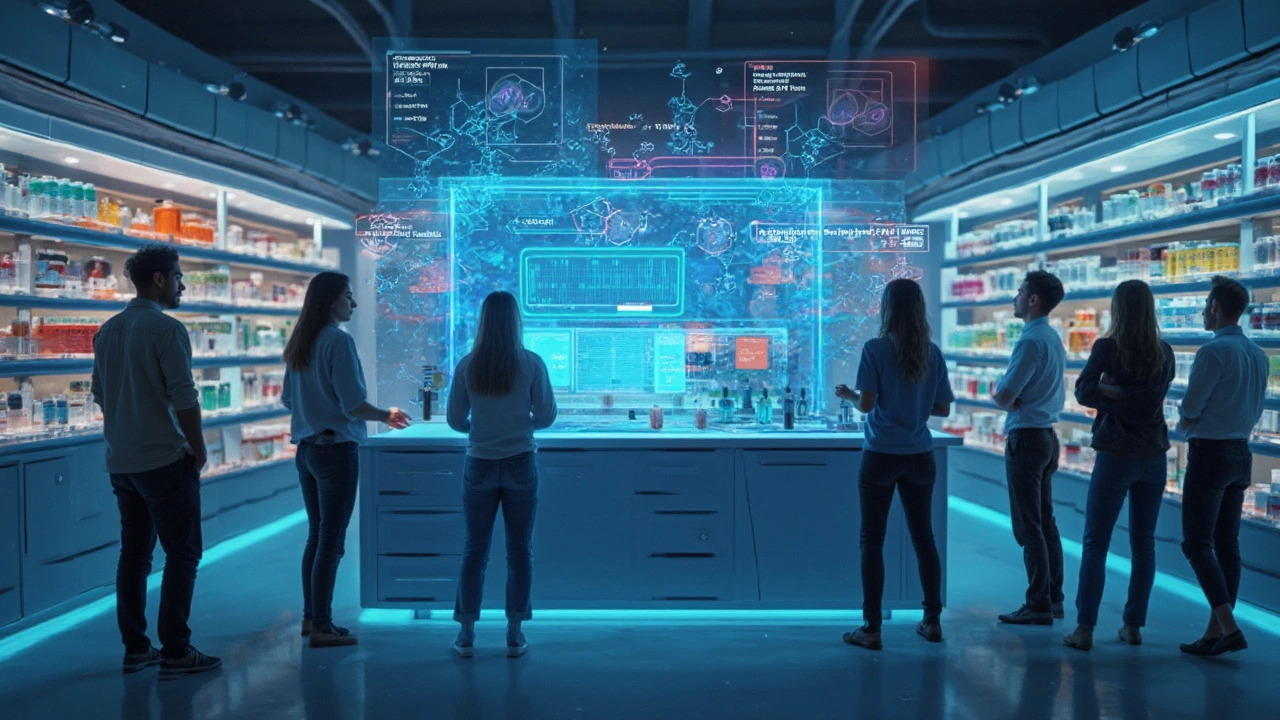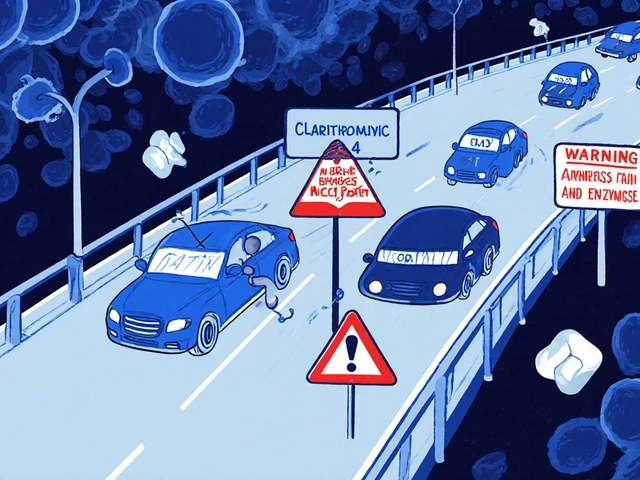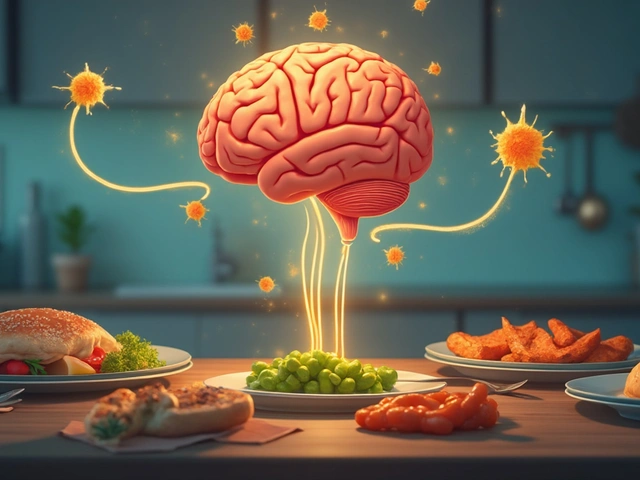Medication Interactions: Simple Facts Everyone Should Know
Mixing medications isn’t always harmless. When two or more drugs interact, the results can range from no effect at all to serious health problems. That’s why it’s crucial to grasp how medication interactions work and what to watch out for. Whether you’re taking prescriptions, over-the-counter drugs, or supplements, being informed helps you stay safe.
First up, medication interactions happen when one drug changes how another works inside your body. For example, some medicines can make another drug stronger or weaker. This can either increase side effects or reduce benefits. Sometimes, drugs combined can cause new side effects that wouldn’t appear if taken alone.
Common Types of Medication Interactions
Interactions usually fall into three groups: drug-drug, drug-food, and drug-condition interactions. Drug-drug means two medications affect each other. Drug-food occurs when something you eat changes a drug’s effect, like grapefruit juice messing with certain cholesterol medicines. Drug-condition interactions happen when a medication worsens a health problem you already have.
Let’s say you’re on blood thinners and also start taking an antibiotic. Some antibiotics can boost blood thinner effects, raising bleeding risk. That’s why your doctor will often adjust doses or choose safer options. Another example is mixing sedatives and alcohol, which can dangerously slow your breathing.
What You Can Do to Avoid Risky Mix-Ups
How do you keep safe? The best start is telling every healthcare provider about all meds and supplements you're using. This includes herbal remedies, vitamins, and any over-the-counter pills. Don’t guess what matters—they all can interact. Pharmacists are great for double-checking too, so ask them when you pick up your meds.
Also, read the info that comes with your prescriptions or ask your doctor what side effects and interactions to watch for. Avoid changing doses or stopping drugs without talking to a professional. And be cautious about self-medicating, especially with alcohol or other substances known to interfere.
Remember, not all interactions are dangerous. Some help a medicine work better. But staying alert and asking questions can save you a lot of trouble. Got odd symptoms after starting a new drug? Contact your doctor—they can help figure out if an interaction might be the cause.
At ACS 24 Pharmacy, we’re here to provide clear, useful info to help you navigate your medication safely. Our articles and guides cover safe buying tips, side effects, and what to expect with common medications. Check back anytime for trusted advice to keep your health on track.

Dorzolamide-Timolol: Understanding Medication Interactions
Dorzolamide-Timolol is an eye drop used for treating glaucoma by lowering eye pressure. This article explores how this medication might interact with other commonly used drugs. Knowing these interactions helps in managing your health better and avoiding unwanted side effects. We delve into how common medications can affect the effectiveness or safety of Dorzolamide-Timolol and provide key tips on managing these interactions.
View More




